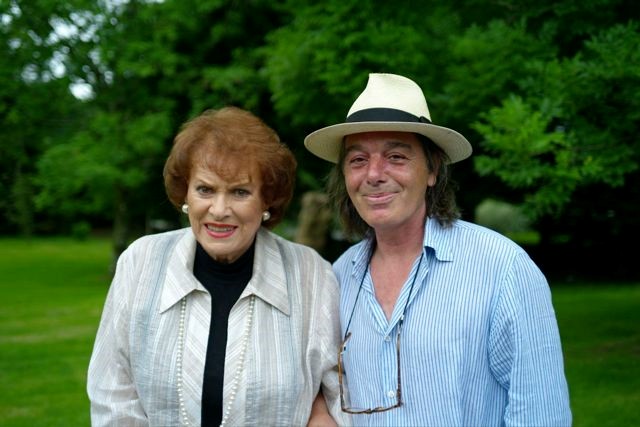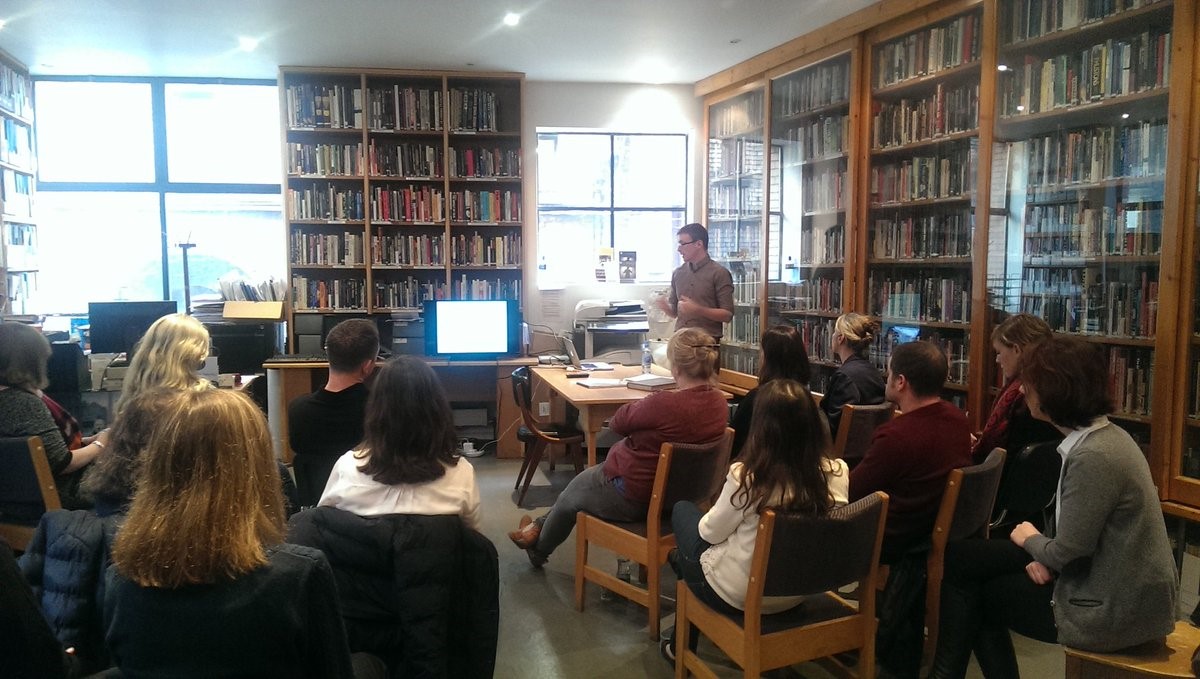Kasandra O’Connell is Head of the IFI Irish Film Archive
Last year I wrote a blog for World Digital Preservation Day contemplating the progress the Irish Film Institute (IFI) had made in the area of Digital Preservation; this year’s WDPD sees the IFI join the list of nominees for the DPC Digital Preservation awards in the Safeguarding the Digital Legacy category taking place in Amsterdam as part of the WDPD2018 celebrations.
The project we are nominated for, The Loopline Conservation Project, is one that we have been working on for nearly 2 years. It is our first end-to-end application of IFIscripts – our suite of open source digital preservation tools created to automate our own digital preservation activities but also adopted by a number of peer institutions internationally. Funded by the Broadcasting Authority of Ireland www.bai.ie. the project has focused on cataloguing and preserving the output of Loopline Films, one of Ireland’s most important independent production companies, run by filmmaker Se Merry Doyle. This collection provides an unparalleled record of key areas of Irish history and arts from the 1990s to the present day, documenting a transition in Irish society pre- Celtic tiger and post economic crash. In addition to material chronicling the rapid social and economic change in Ireland during the late 20th century it includes interviews with international cultural figures such as Margaret Atwood, Martin Scorsese & Maureen O’Hara. In 2017 Loopline closed its studios and transferred its holdings to the IFI Irish Film Archive.

Maureen O’Hara and Se Merry Doyle
The collection is varied, comprising film, tape, camera cards and hard drives, but it was the born digital material that presented us with greatest challenge, as it was more complex and vaster (360,000 files) than the digital collections we had encountered to date. This necessitated creating new custom tools and devising new arrangement and appraisal systems; innovations included the creation of a computer programme that allowed us to identify where there were multiples of the same file, partial files and fragments not worth keeping and devising an automated way to appraise as it was impossible to watch everything.
Arrangement and description were also a challenge as digital files ranged from individual items to objects comprised of multiple files held in complex folder structures. The IFI team researched how we could arrange this material within the context of OAIS and Spectrum and existing IFI processes. We drew up guidelines that allowed us to identify duplicate and corrupt files which were then isolated and eliminated via a verification tool. Other key pieces of software developed in-house were sipcreator.py, which put both simple and complex objects into consistent packages, and concat.py, which created simplified, normalised, versions of complex objects. Further tools completed the ingest procedure, automating the AIP finalisation, technical cataloguing, accessioning database ingest and movement to our preservation storage system, finally creating low res proxy files for cataloguing and writing 3 copies of archival packages to preservation storage in accordance with best practice. In the spirit of FLOSS the scripts created during the Loopline project but have been shared on Github for others to use and to amend for their own purposes.
The project has also been a useful practical example for us to use in teaching. In spring, we were delighted to partner with Maynooth University to devise and teach a Media Archives Module which was a new and rewarding experience for us. As Ireland has limited specialist digital preservation training opportunities - particularly in the AV context - it can be difficult for us to find potential employees with the right mix of theoretical and practical skills. We felt that by collaborating with Maynooth University to work directly with students, we will be able to help shape the next generation of preservationists. After discussing examples of projects the IFI has successfully completed , such as Loopline and introducing the students to concepts such as OAIS, PLATO and FLOSS, we asked them to create their own digital preservation plan using a personal collection of their choice. We were heartened by the excellent response from the participants many of whom, with a bit of encouragement from Kieran O’Leary our Data and Digital Systems Manager, utilised open source tools as part of their solutions, embracing the command line and really impressing us with their willingness to try new things.

Kieran O’Leary teaching Maynooth University MA students using the Loopline project as an example of digital preservation.
It’s been an eventful 12 months, where we have tried to live our mottos of collaboration, advocacy and empowerment. Being nominated for this award is a wonderfully encouraging and testament to the hard work and upskilling undertaken by the IFI Irish Film Archive team in recent years; whether we win or not in Amsterdam on November 29th having our work validated in such a public and prestigious manner will certainly spur us on to keep fighting the Digipres fight.
